Misconceptions About Self-Management

Self-management.
It’s something every adult does every single day without thinking twice about it.
Yet, when it’s mentioned in the context of a workplace, it is surrounded by feelings of confusion, hesitance, and skepticism.
A few organizations here and there have been self-management for decades, but by and large the concept has only started gaining widespread popularity in recent years.
Unfortunately, this surge of new interest in the concept has brought with it a flood of misinformation and misunderstandings about what self-management is and what it isn’t.
Misconception #1: The Definition of Self-Management Is ‘X’
A quick online search will show you many definitions of self-management, ranging from “being responsible for your own actions” to “basically socialism”.
Every self-managed company typically will have their own definition, but it is usually something akin to, “Being accountable to yourself/peers/the purpose of the company rather than being responsible to your boss/manager.”
All of these definitions are correct, but you’ll be hard pressed to figure out what THE answer is, because every company views and utilizes self-management a little differently and not everyone comprehends things in the same way.
You might explain self-management as the logistical inner workings of a city’s infrastructure or the constantly evolving cellular structure of biological life, but if that goes over my head, you’ve lost me and I won’t get on this self-management boat with you.
That’s why, in order for self-management to be successful –whether you’re implementing it into a company or just explaining what it is to someone over coffee – you need to describe it in a way that every person in your target audience will comprehend.
Ultimately, the only correct description is the one that people understand.
The definition that people remember and want to be a part of.
Misconception #2: All Self-Management Is The Same
There are numerous definitions of what self-management is, many organizational systems for self-management that work in very different ways, and countless personal experiences of what a person felt was self-management or not.
Every company has their own definition of what it is and that company’s structure and processes will determine how they operate, what is self-managed and what isn’t, and so on.
Holacracy vs the Morning Star Approach
For example, if you wanted to be able to copy/paste your current organizational structure into a new system that would let you slowly chip away at becoming self-managed at your own pace without uprooting everything, Holacracy might be a good option.
On the other hand, if you wanted to completely abolish all hierarchy layers and wanted more personal authority and responsibility than ever before, Morning Star’s approach could suit you well.
Holacracy provides a plethora of rules to dictate who has what authority in any given situation, while focusing on evolving the organization one small change at a time.
Meanwhile, Morning Star has a single, simple rule that gives everyone the same amount of power and the ability to solve conflicts and make changes without need for approval.
These different extremes are only two of the many options out there, and while any of the proven systems can work for any organization, most organizations like one system more than another, or want bits and pieces of everything.
All that matters is that you understand:
1/ what self-management is and what it is not, and
2/ that everyone works in different ways.
My favorite system of self-management is other people’s least favorite — and that’s okay.
Misconception #3: Self-Management Is A New Thing
The concept of self-management has been around for over fifty years, and some companies have been fully self-managed and very successful for decades.
While it has recently become more popular, it certainly isn’t new and has many proven examples of success in a wide variety of industries all over the world.
Misconception #4: Implementing Self-Management Is A Big Risk
It is true that implementing self-management can be risky for a company, but this problem is not specific to self-management.
Any big change is going to be difficult and can be disastrous if implemented poorly.
Self-management is a long-term commitment, yet many companies try to implement it very quickly without cutting into short-term profits, which leads to a host of problems that persist within the organization for years to come.
You have to change working relationships, power dynamics, organizational structure, HR processes, and so much more.
Yes, it’s risky, but no more risky than any other big change that organizations go through every day without a problem.
Misconception #5: Self-Management = Self-Organization
These phrases are often used interchangeably.
In most cases, that’s fine. Still, knowing the difference is useful.
Self-management is specific to a person being able to work in their own way without micromanagement, whereas self-organization is having the power to solve problems, make changes, and innovate within the organization.
The goal is always to achieve both, which is probably why many of us instinctively use both phrases interchangeably.
However, many organizations unintentionally achieve one but not the other.
If I can come into work whenever I want and go only to the meetings I want to go to, but am absolutely powerless to solve the problems with my department that annoy everyone, then I am self-managed, but not self-organized.
If I can speak up and challenge the CEO when he makes a terrible change and work on reversing that change, but as soon as I get back to my desk I am at the mercy of my manager’s every whim, I am self-organized, but not self-managed.
Just remember: Both is the goal, and either is better than neither.
Misconception #6: You Can Do Whatever You Want
I regularly see media coverage of self-management describing it as “a chaotic environment where anyone can do anything and people are merely trusted to do what’s right with no repercussions.”
In reality, you’ll find one commonality with all efficiently running self-managed companies: expectations are far more explicit than in traditional organizations, and accountability is much more common.
This is because self-management requires that individuals understand what is expected of them and know exactly what the course of action is if they don’t meet their expectations.
There must also be a system in place for how to hold an employee accountable if work isn’t being done, which is often a peer-to-peer system.
Thus, while you will typically find self-managed organizations have less rules, the rules they do have are explicit, transparent, and clearer than what you might normally see, and while there may not be bosses running around holding people accountable, everyone else in the organization is doing it instead.
Misconception #7: Self-Managed Companies Are Flat/Have No Hierarchy
Like with most aspects of self-management, what is true for some is not true for all.
There are companies out there which are completely flat with no formal hierarchy of any kind and nobody has authority over anyone else.
Some only have three levels of hierarchy.
Others have many layers of hierarchy but with power and systems that are distributed in such a way that everyone is relatively equal.
Being completely flat with no hierarchy is often, but not always, considered the pinnacle of self-management.
Many, but not all, strive to achieve that one day.
A Final Word
These are just my insights, and if you’re heard different, that doesn’t mean those perspectives are wrong!
Self-management is a complex subject and self-managed organizations come in many different shapes and forms.
What I do know for sure is that self-management in the workplace has incredible benefits that every leader should take the time to consider.
For facilitating self-management, do not hesitate to check our solution Holaspirit based on the Holacracy methodology !


Révélez le potentiel de votre organisation.
Nous sommes là pour répondre à toutes vos questions et vous accompagner dans vos projets.










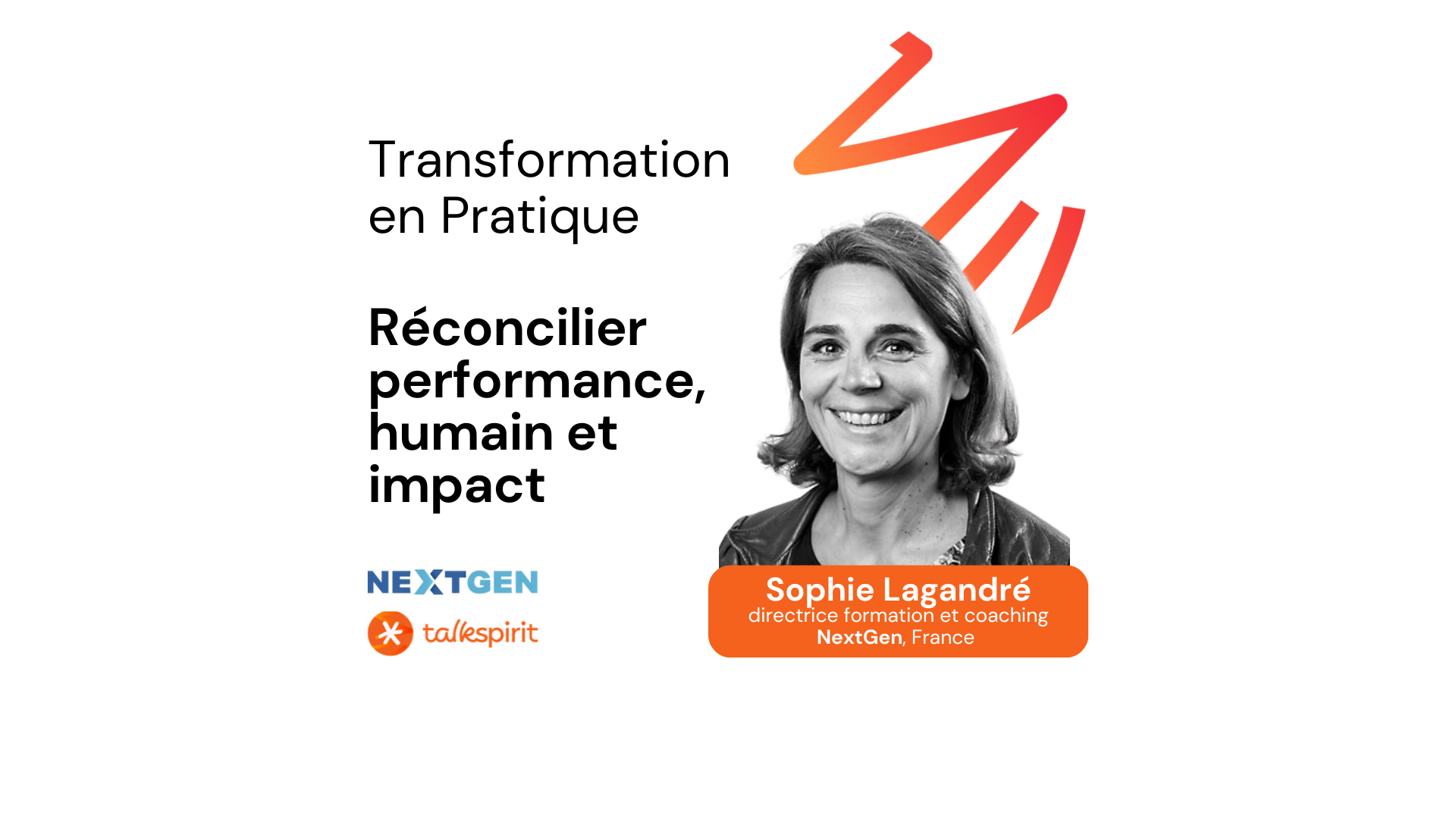



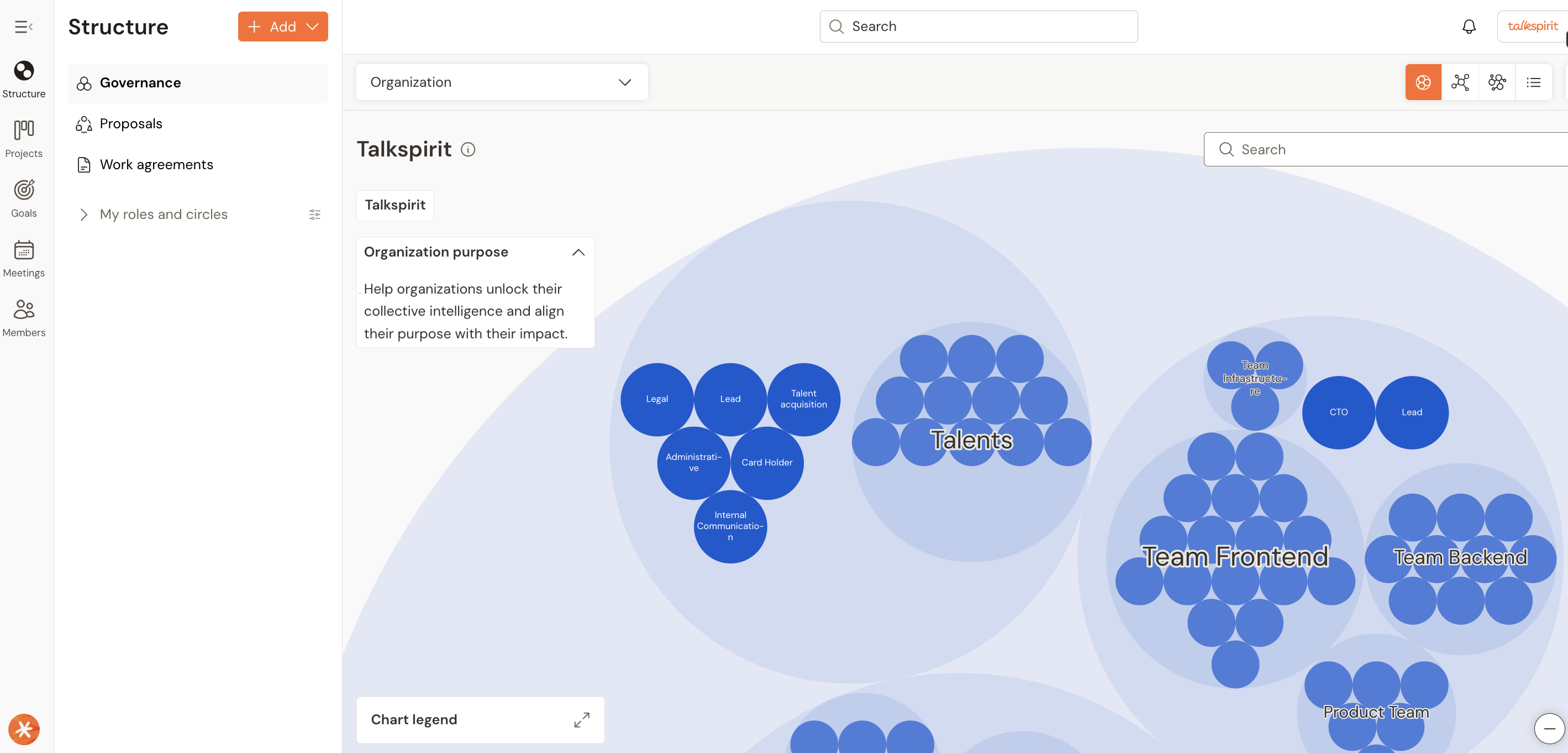

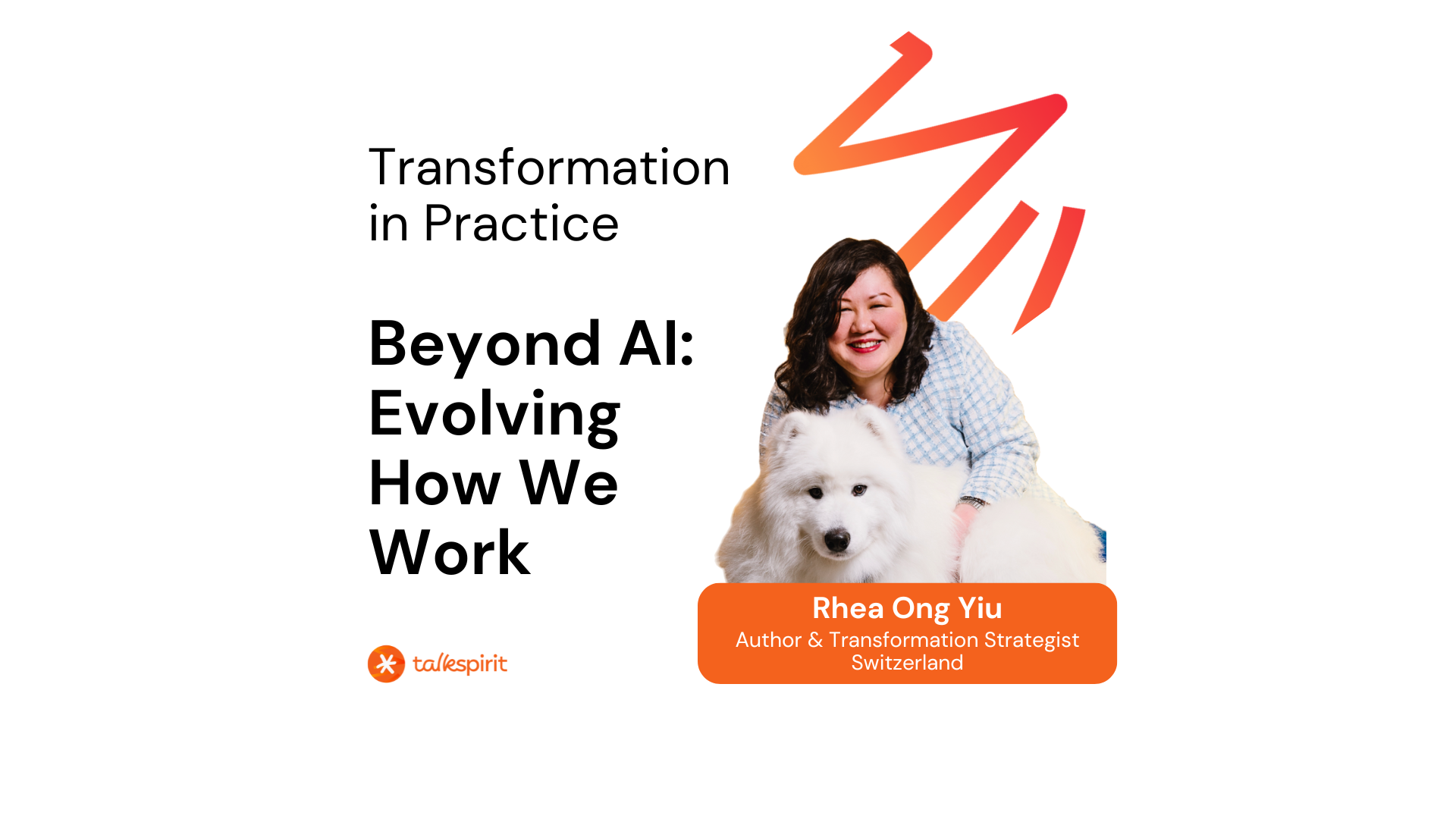
.jpg)

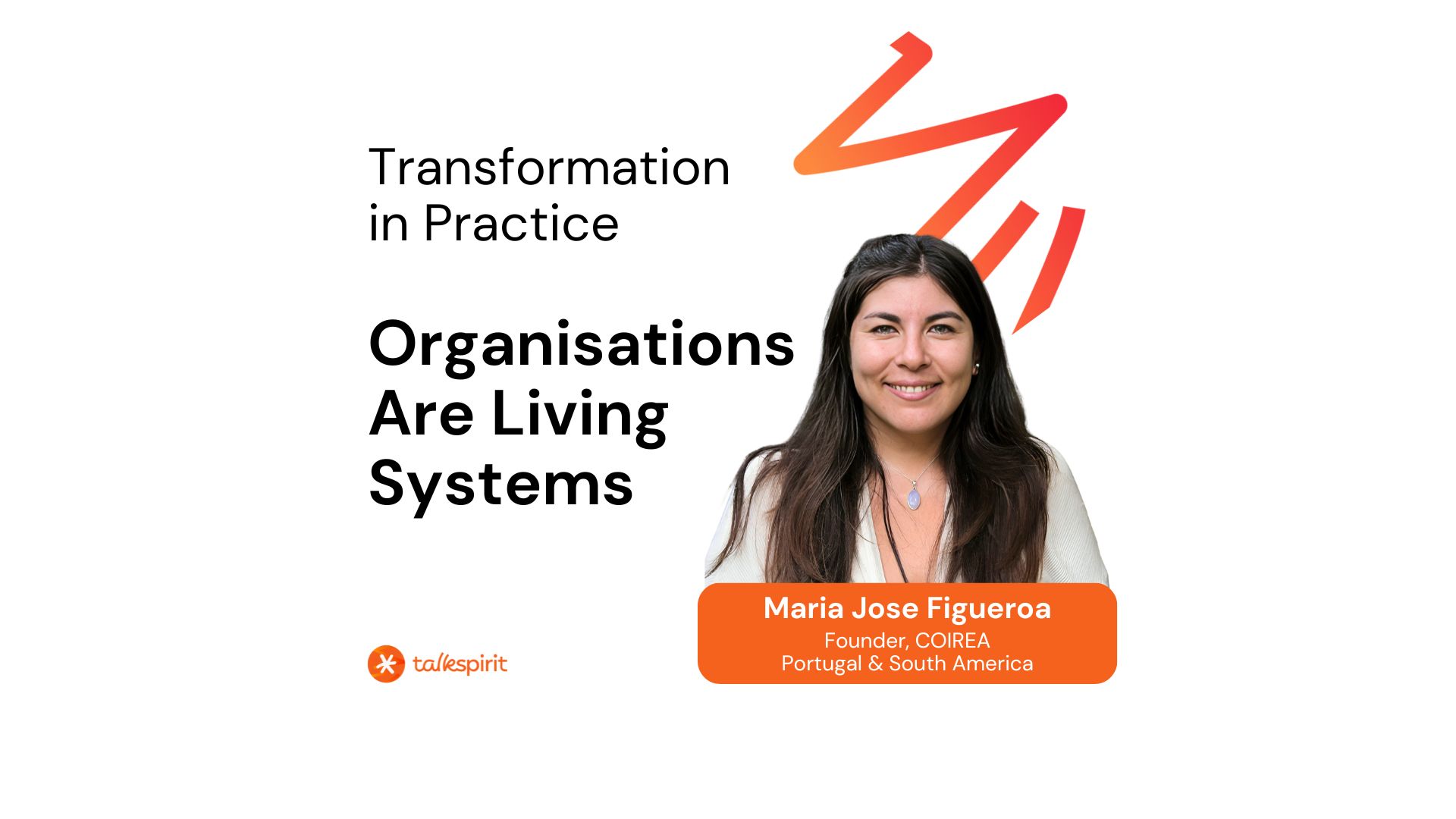

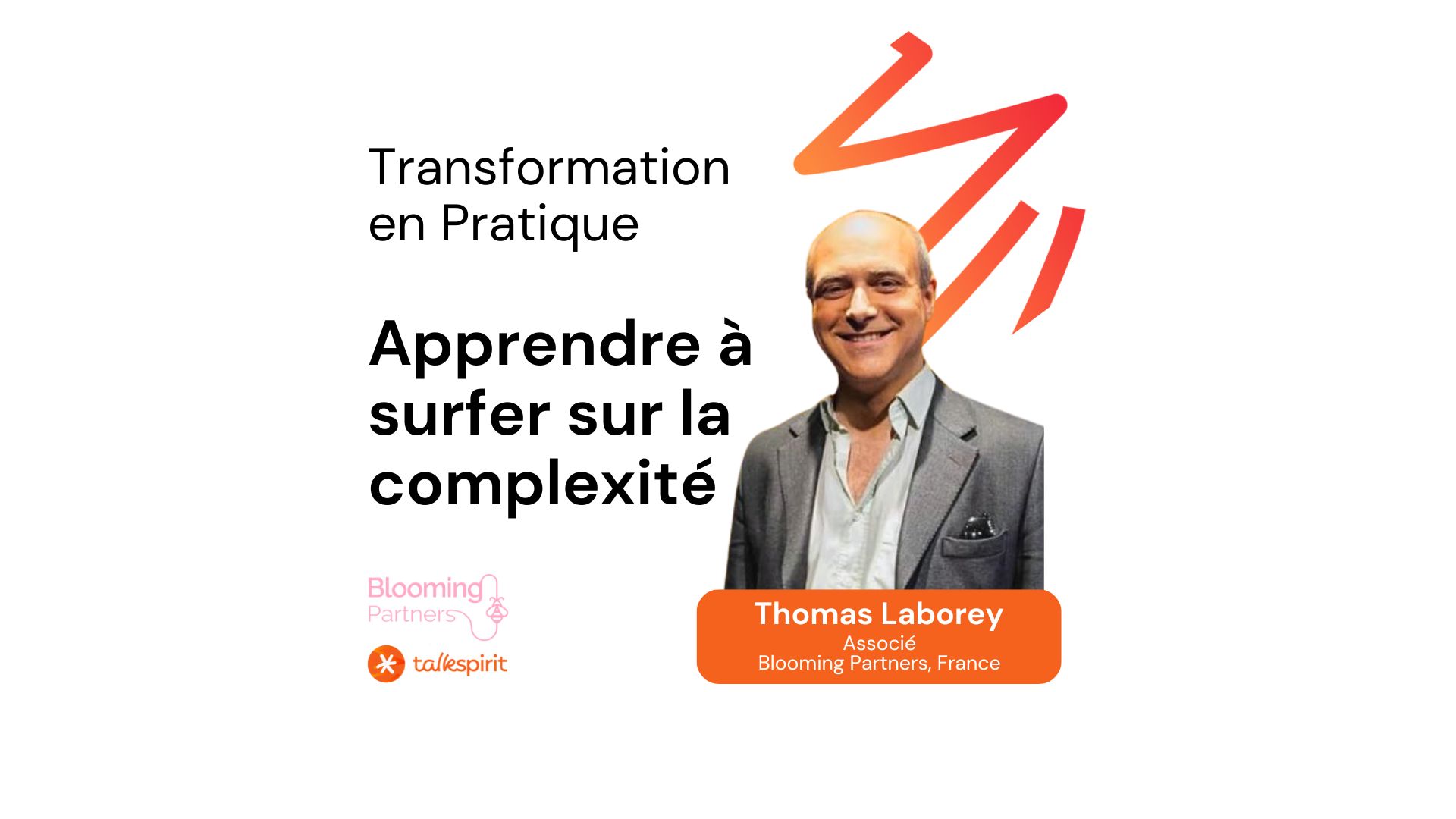
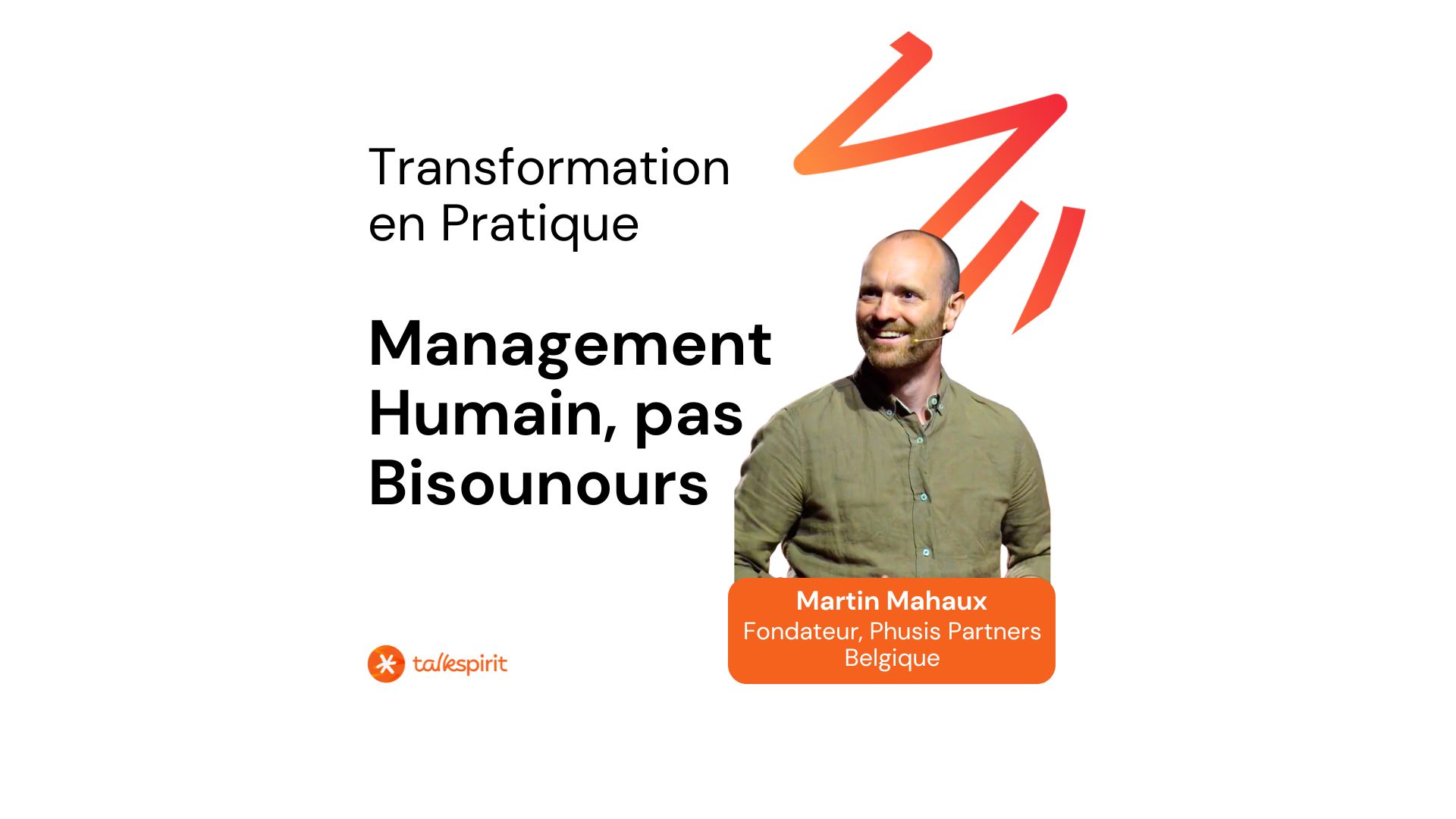
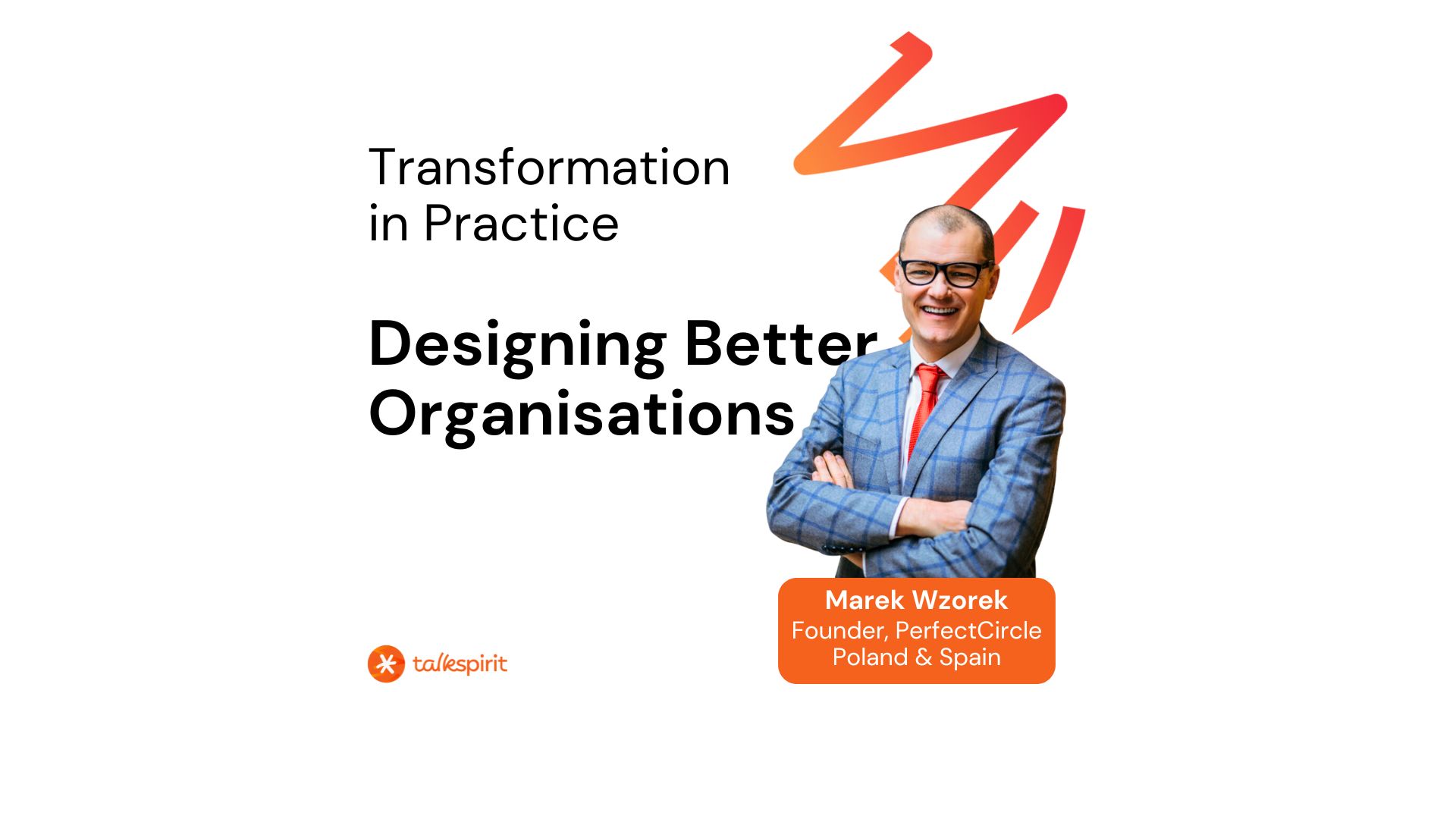
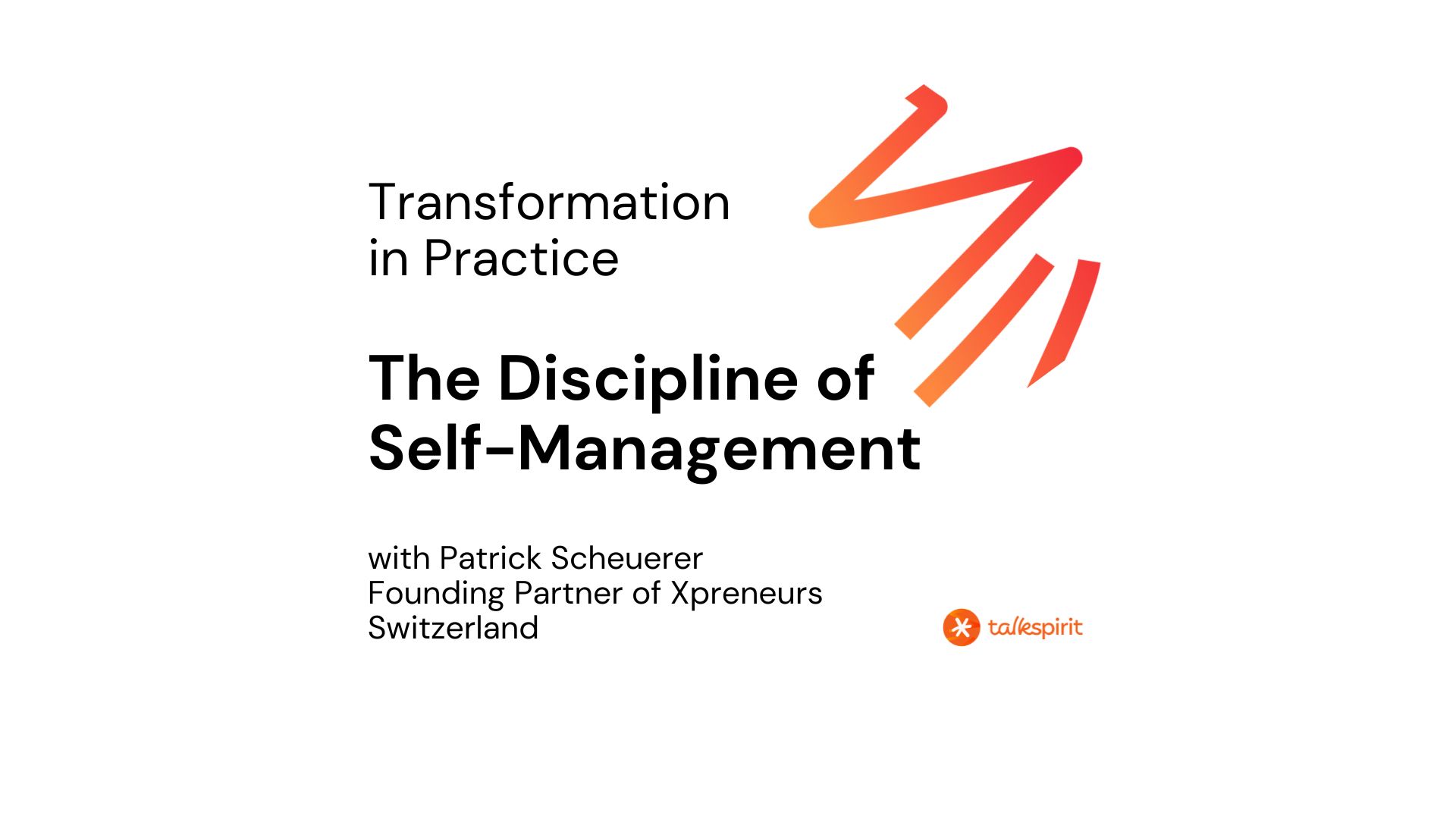

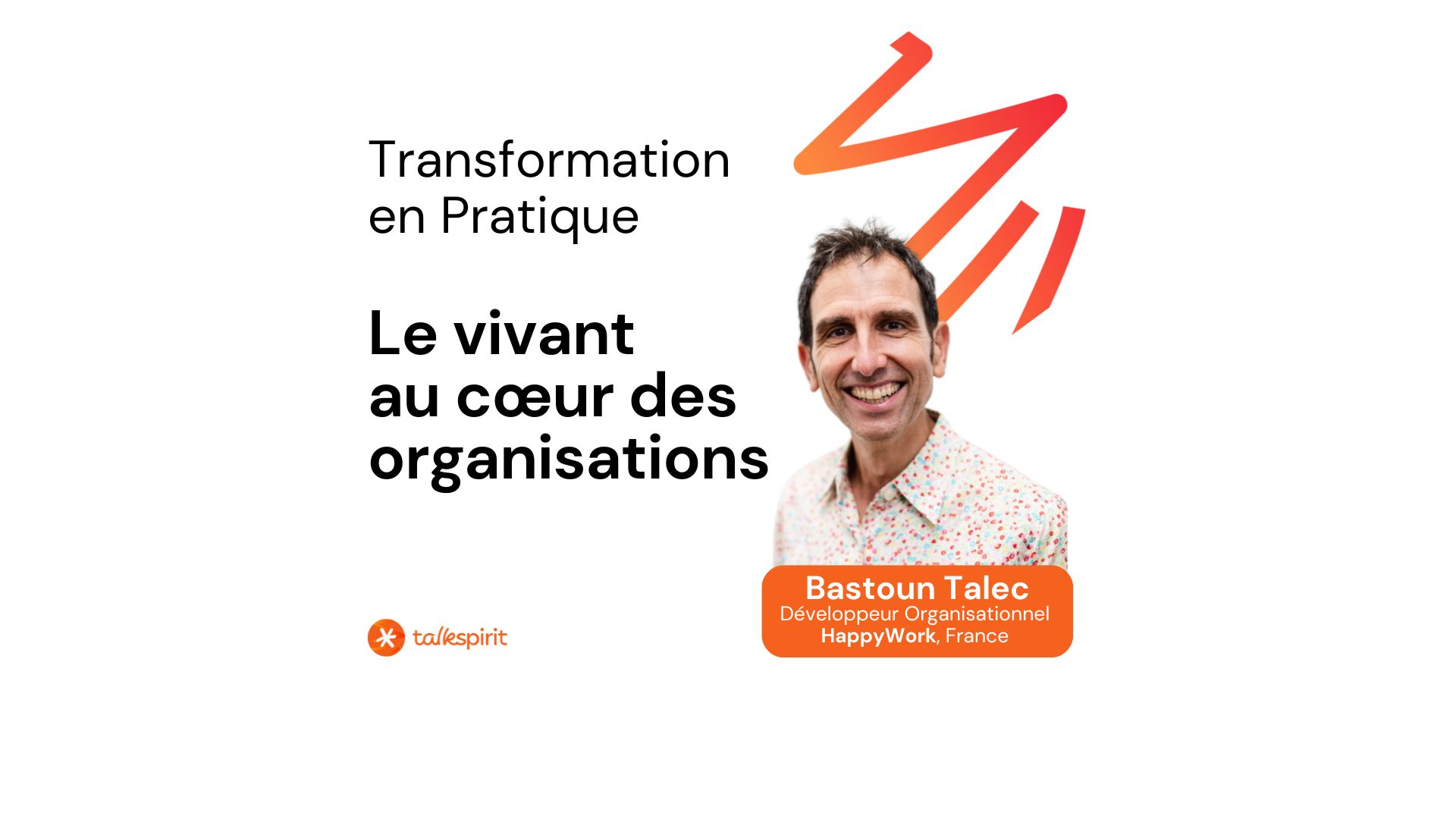

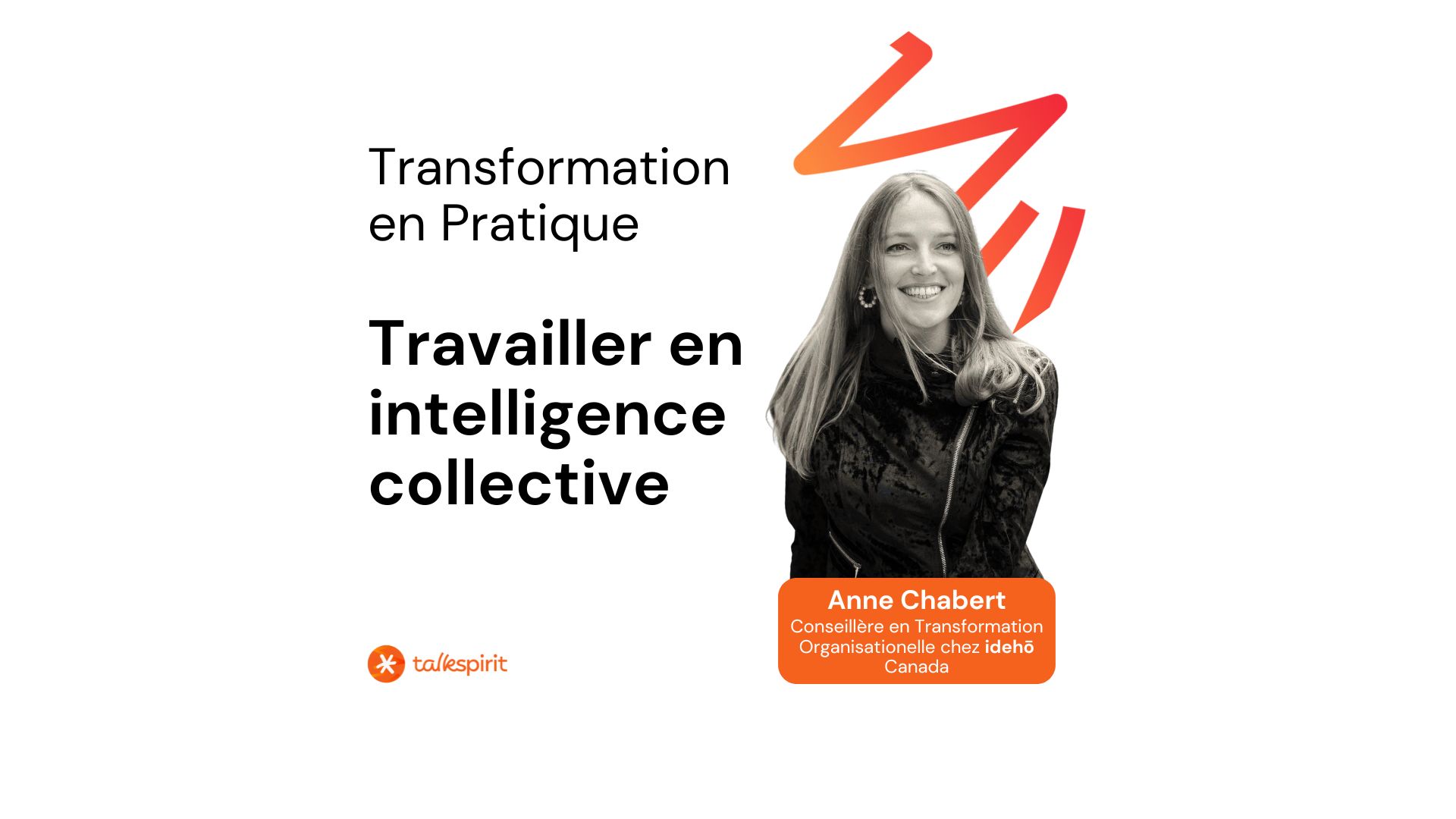

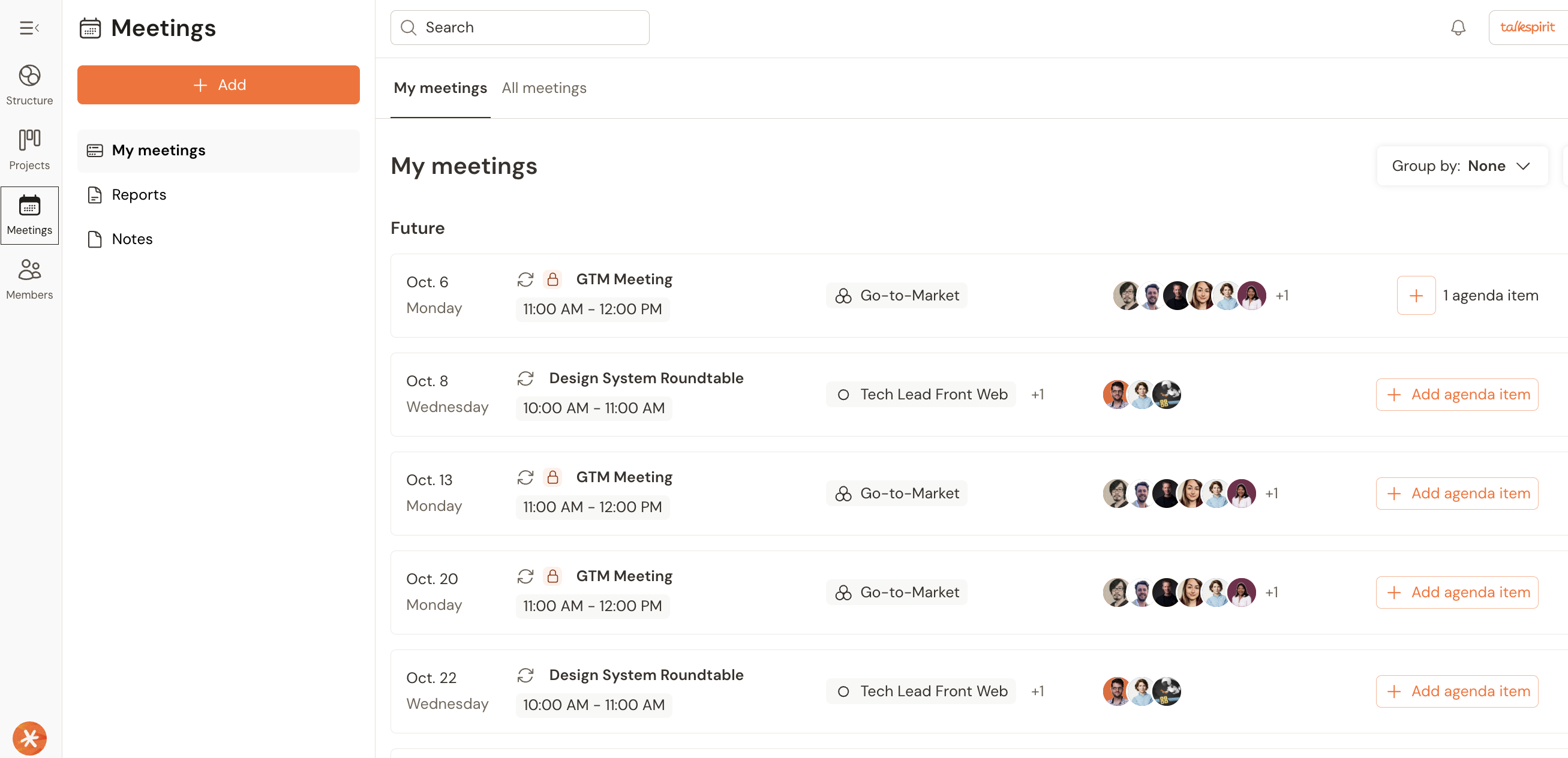



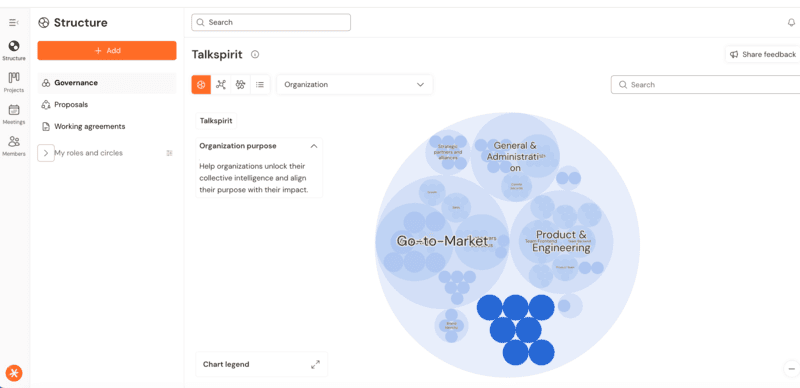

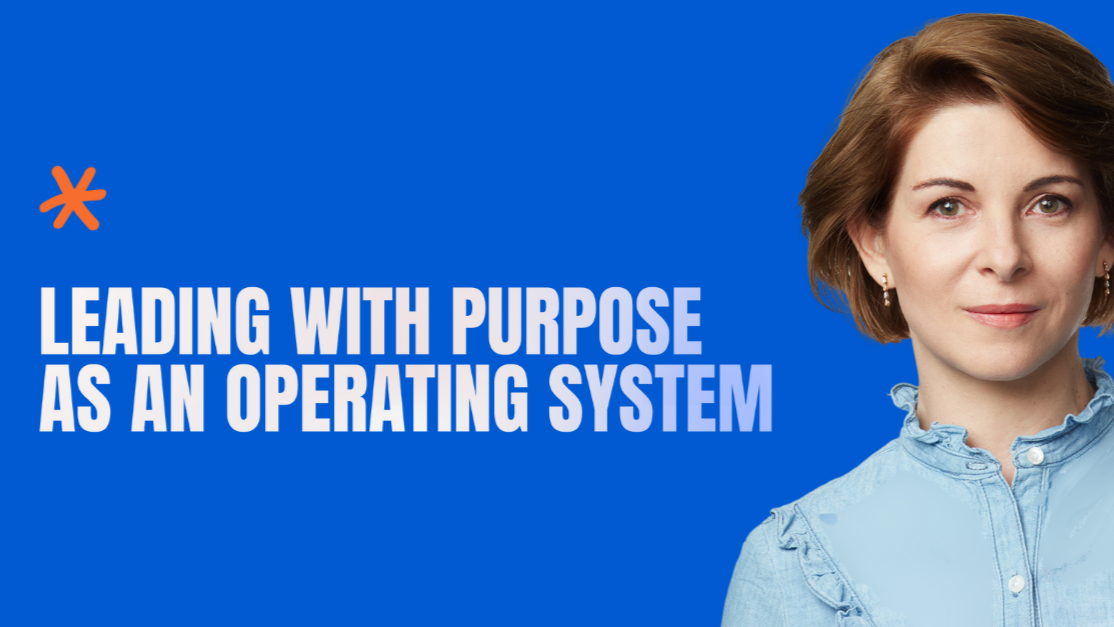









.jpg)






.jpg)
.jpg)









.jpg)
.jpg)


.jpg)

.jpg)


.jpg)











.jpg)




.jpg)



.jpg)

.jpg)



.jpg)






